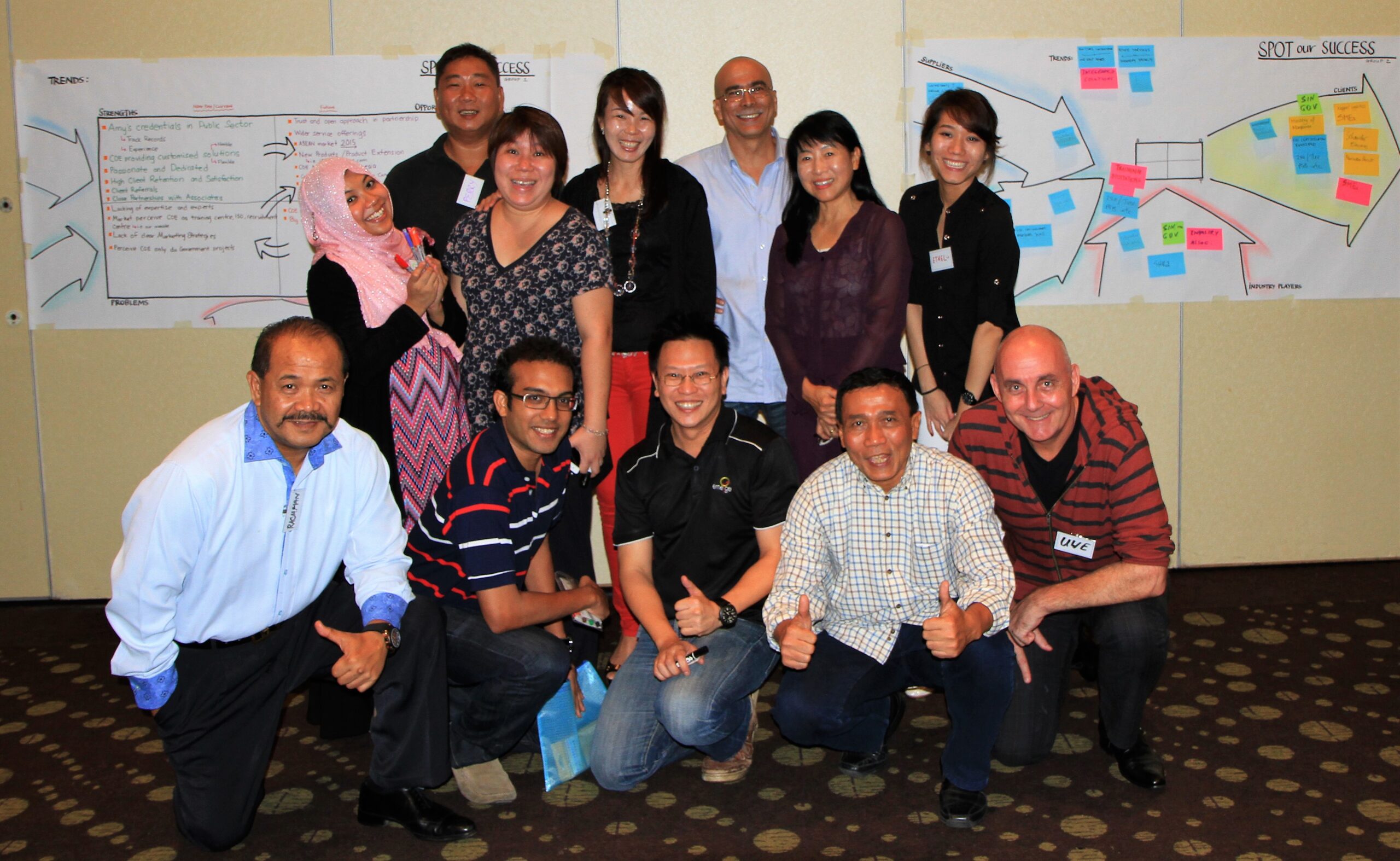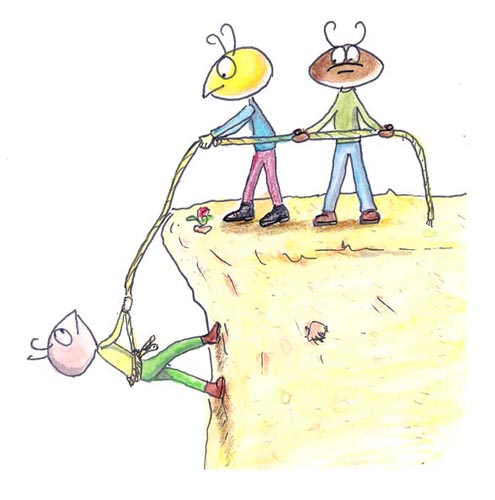
Being a Mentor
How Not to Disserve Your Mentee
1. Make Time
I agreed to mentor 3 young managers in my previous organisation. After a couple of months, I realised that I am not able to keep to all the meetings with my mentees while performing my daily role as the Head of Department; attending to several internal and external meetings. I found myself dancing on my schedules with my mentees – postponing appointments one hour prior to the meeting. I knew Eva, Jack and John were not very happy with me changing schedules frequently at the last minute, but they did not dare to tell me how they felt. I only learnt about it during the mentoring mid-way review feedback survey. Luckily I had another 9 months to repair my relationship with my mentees. Things turned out well after I committed myself to allocate the same priority to both my meetings with mentees and other business dealings. I have also learnt to delegate work to my team members – something which I taught my mentees to do!
2. Be Patient
Don’t Make your Mentee Become You
Eve just got her promotion to a Team Leader role in her department. When she related her challenges in people management and her problems in engaging her team members to be aligned with her objectives, I could see the then-me in her. Instead of sharing with her my problem-solving skills and letting her find the solution, I was telling her how to tackle the issues using the same way I did before. I told her what she should say and do. I even called her a week later to check if she had done exactly what I told her. Later, Eve shared with me that she was not very comfortable in doing exactly what I instructed, and that she would prefer to take more time to build relationship with her team members. It then donned on me that I have made one of the biggest mistakes in mentoring – I was focusing on ME rather than developing my mentee!
3. Don’t Start Telling Too Many Stories
Jack is a very quiet person. Our conversation tended to be very formal and sometimes I found myself referring to theories I picked up from books or articles, and at times I used my personal ‘war stories’ to relate to the subject. He listened attentively, usually. Our meeting could last about 1 to 2 hours – with me talking most of the time! I decided to ask him for feedback on our mentoring relationship and how else I could better support him as mentor. Jack said to me that my personal experience is a useful reference but he felt it was rather difficult for him to relate to his own challenges. He told me that it would be good to keep the sharing succinct and focus more on ways to address the issues. He liked the challenging questions I posted to him as they did help him think through the essence of the support and guidance he needed from me.
4. Mentoring Also Means: Giving Feedback
- Situation and circumstances at which the behaviour occurred.
- Behaviour you have observed.
- Impact of this behaviour on you and others.
Whatever form your feedback takes, you should observe the following ground rules:
- Ask your mentee if he/she would like to hear your feedback and respect his/her right to say ‘no’.
- Focus on specifics and avoid generalisations, especially if you are giving feedback on the person. Use the Situation-Behaviour-Impact (SBI) technique.
- Give less rather than more; focus on the key resources that will be most useful for the other person to hear.
- Avoid wrongfully highlighting to your mentee that you are an ‘official’ mentor to his/her role.
- Emphasise that your feedback is an opinion, not a fact. Emphasise that this is only your response, and that it says as much about you as it does about him/her.
- Allow your mentee to respond to your feedback.
Mentoring is about believing in someone and then taking action to help that person be his or her very best. Do try to use the above tips while embarking on a fulfilling and rewarding experience.
- All Posts
- Coaching










